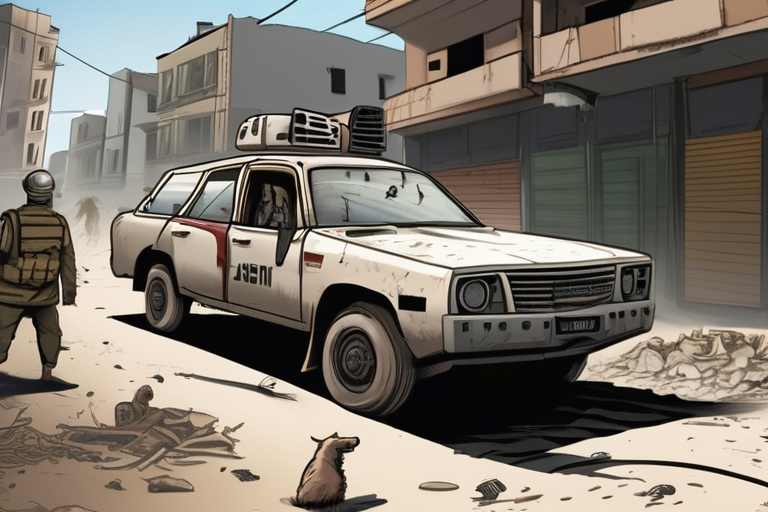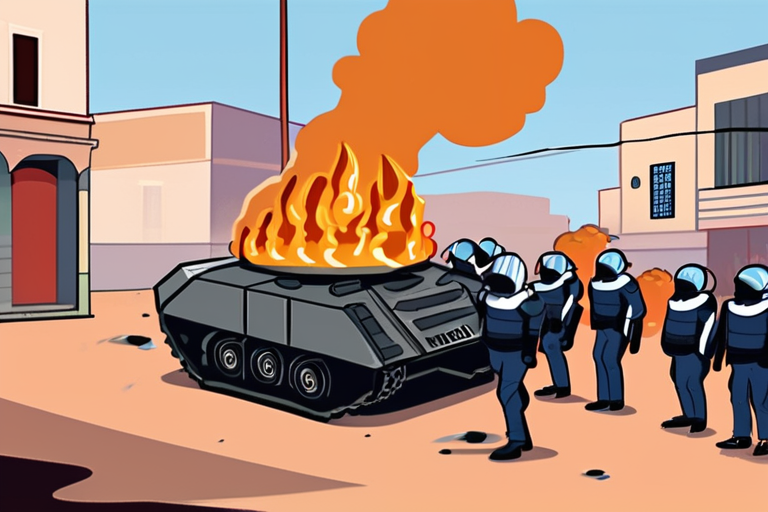

Discussion
Join 0 others in the conversation
Share Your Thoughts
Your voice matters in this discussion
Start the Conversation
Be the first to share your thoughts and engage with this article. Your perspective matters!
More Stories
Discover articles from our community

DEVELOPING: Amazon Faces Federal Trial Over Alleged Prime Price Gouging Scandal
 Hoppi
Hoppi

Who is Lisa Cook, and what is Federal Reserve governor accused of?
 Hoppi
Hoppi

Israeli Assault on Gaza City Enters Second Day Amid Widespread Fleeing and Devastation
 Hoppi
Hoppi
Russian Strikes Devastate EU, Kill 21 and Damage Brussels HQ
 Hoppi
Hoppi

Police Fire on Morocco Protesters, Two Killed in Lqliaa Clashes
 Hoppi
Hoppi

Final Fantasy Tactics Remastered: Solidarity Through Unlikely Means
 Hoppi
Hoppi

DEVELOPING: Amazon Faces Federal Trial Over Alleged Prime Price Gouging Scandal
Amazon Faces Federal Trial Over Alleged Prime Price Gouging Scandal The US government is taking Amazon to trial, alleging the …

Hoppi

Who is Lisa Cook, and what is Federal Reserve governor accused of?
Lisa Cook, Federal Reserve Governor, Faces Removal Amid Mortgage Fraud Allegations President Donald Trump demanded the removal of Federal Reserve …

Hoppi

Israeli Assault on Gaza City Enters Second Day Amid Widespread Fleeing and Devastation
Gaza City Under Siege: Thousands Flee as Israeli Assault Intensifies GAZA CITY, GAZA STRIP - The Israeli military's large-scale assault …

Hoppi
Russian Strikes Devastate EU, Kill 21 and Damage Brussels HQ
Breaking News: Russian Strikes Devastate EU, Kill 21 and Damage Brussels HQ At least 21 people, including four children, have …

Hoppi

Police Fire on Morocco Protesters, Two Killed in Lqliaa Clashes
Breaking News: Morocco GenZ 212 Demonstrations Turn Deadly At least two people have been killed in Morocco after police opened …

Hoppi

Final Fantasy Tactics Remastered: Solidarity Through Unlikely Means
Throwing Rocks at Assholes: The Unlikely Solidarity of Final Fantasy Tactics In the world of strategic role-playing games, few titles …

Hoppi
